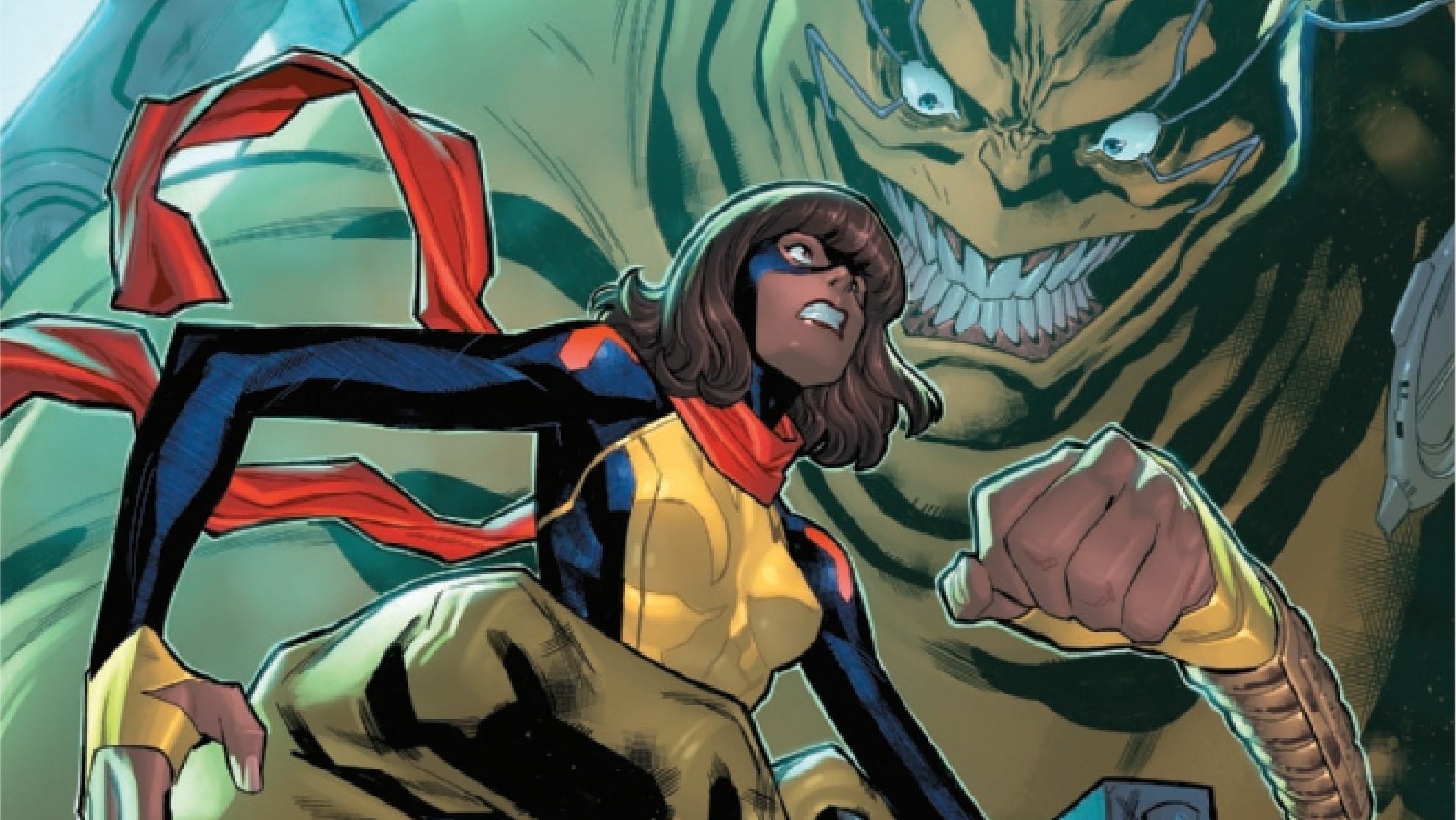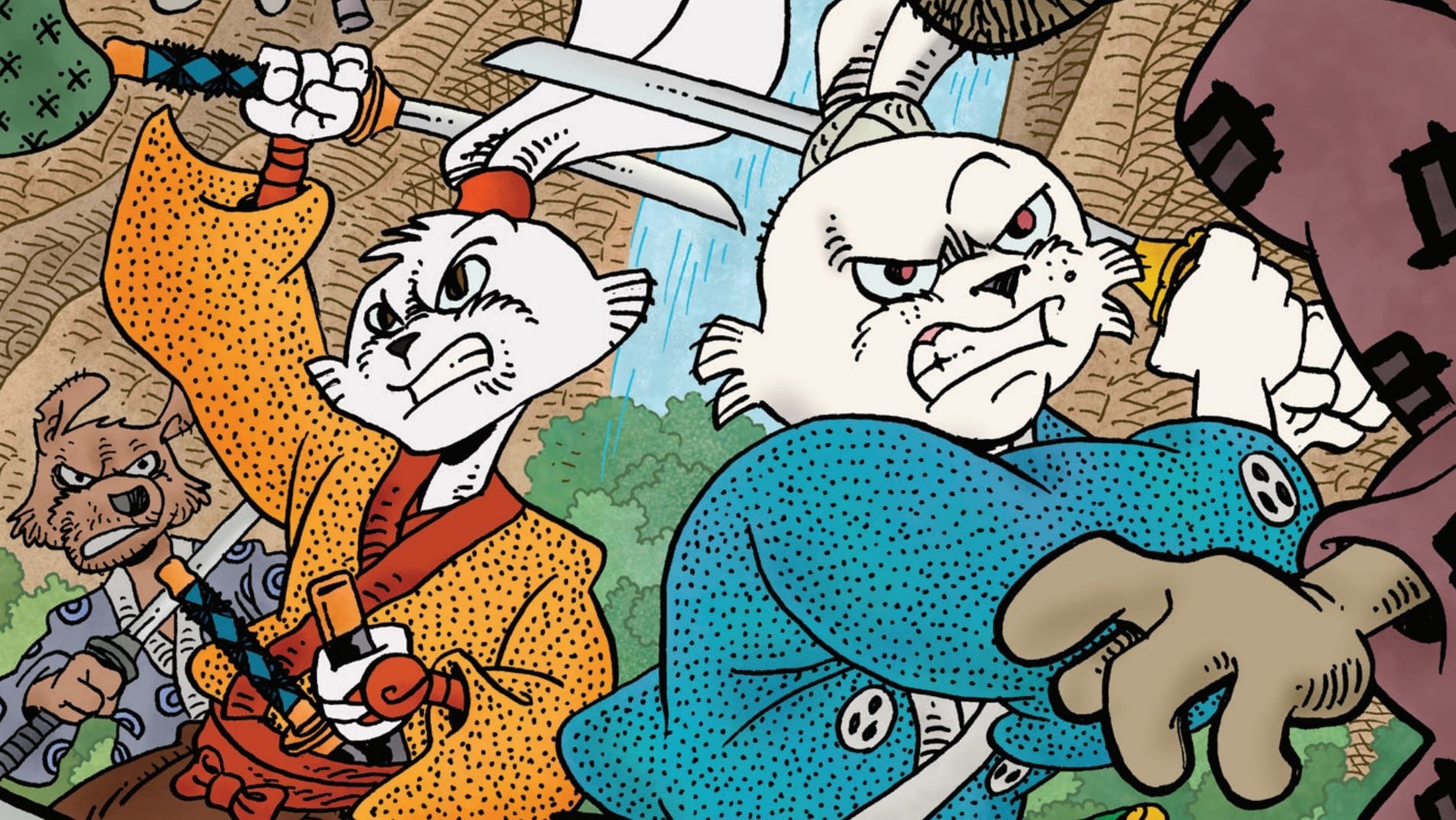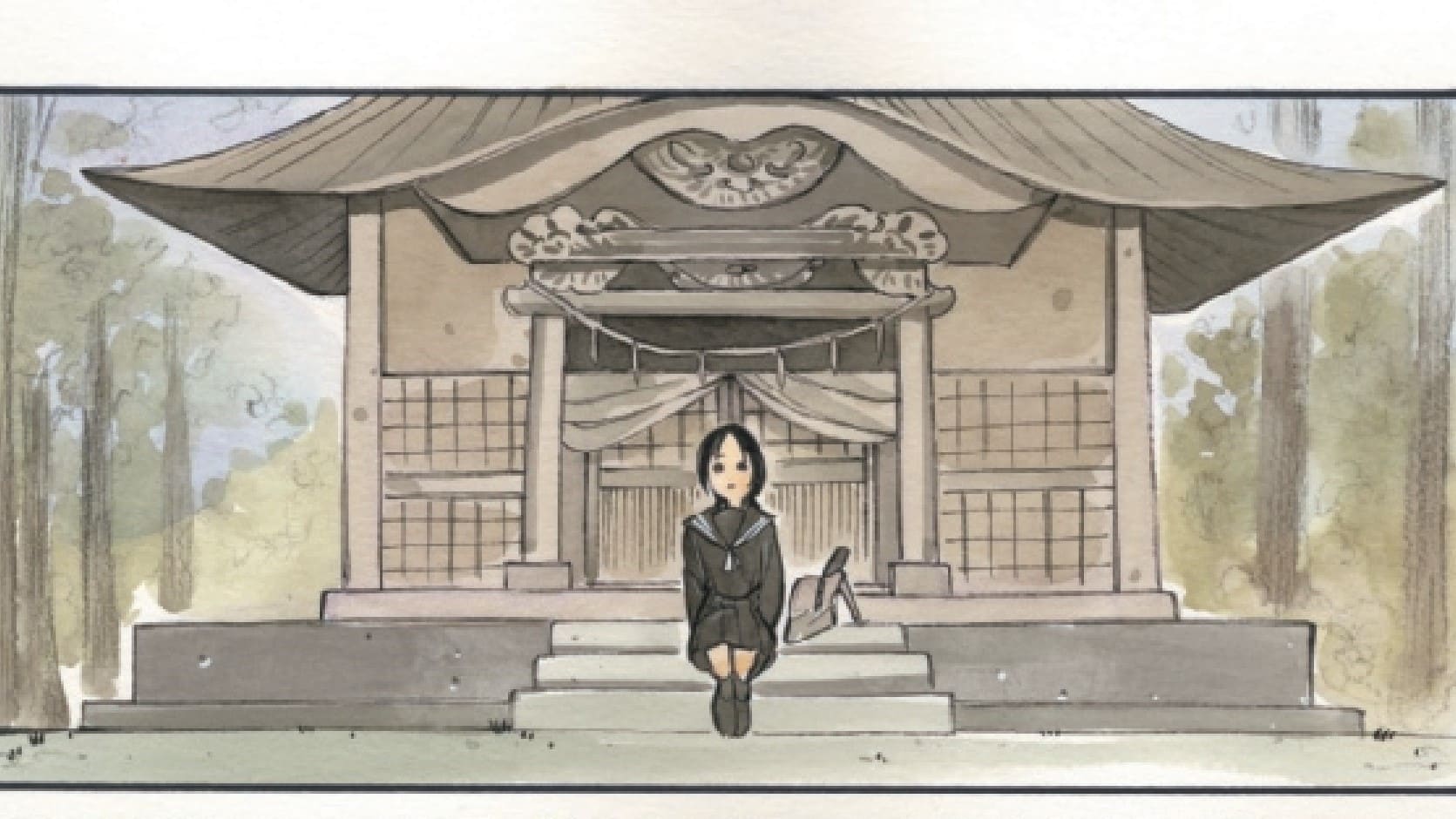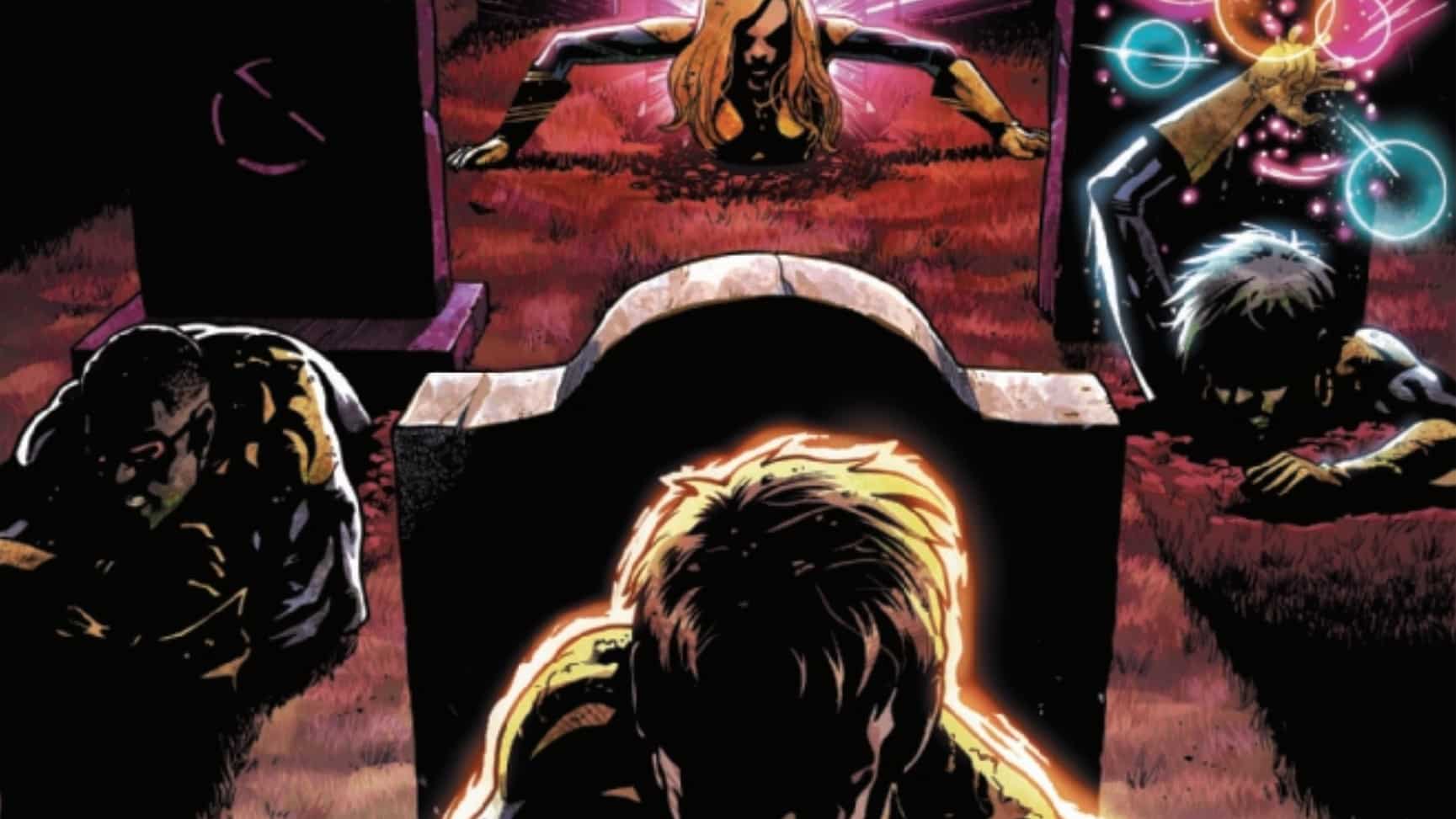Last time I posited that X-Men and X-Men franchise team rosters tended toward seven basic roles that I refer to as The Template, and that series runs that doubled up on too many of these roles or left too many unfulfilled suffered for it. Contrariwise, those runs that hewed closest to The Template were best equipped to tell the types of stories that define the franchise.
But that was just a theory, let’s see how it worked out in practice, shall we?
X-Men (1991 – 1995)
This is the era which saw the X-Men bifurcate into Uncanny X-Men and X-Men aka X-Men Vol 2 – teams which were given the code names Gold and Blue respectively. Since these were the flagship titles of the franchise, let’s start with them. While later these titles would operate as one, Uncanny and Vol 2 in this period were parallel books with their own stories occasionally sharing cast members (outside of the big events, of course – compared to Marvel’s modern events, early 90’s X-events were pretty restrained). For this reason and because the rosters remained stable at least until Age of Apocalypse in 1995, we can treat them as separate teams. Let’s start with the Gold Team.

Xavier – Home Fires
Charles Xavier was the first to fill this role and continues to do so, at least in the books that carry the X-Men name in their titles. This was a tumultuous time for the X-Men: Bishop’s Crossing, X-Cutioner’s Song, Fatal Attractions, Phalanx Covenant, Legion Quest – all very big events, many of which Xavier plays a crucial role in. While this period mostly implies Xavier gives the team support, it doesn’t really show him doing that very much – except by example of absence as X-Cutioner’s Song has Xavier recovering from an assassination attempt and Legion Quest leads into Age of Apocalypse the whole premise of which is ‘What if Xavier died before forming the X-Men?’
However, this period does make it clear that Xavier is the nucleus around which the X-Men revolve. Bishop meets Xavier which for him is a lot like meeting Thomas Jefferson or Jesus – someone who he greatly admires, but whose words and intentions have been somewhat misrepresented. X-Cutioner’s Song starts with an attempt on Xavier’s life, Fatal Attractions culminates in a huge confrontation between Xavier and Magneto where Xavier’s own morals are put to the test, and Legion Quest is as mentioned all about the gaping hole in the world that would have been left without Xavier. Definitely nails this part.

Storm – Team Leader
Storm is the field leader, but this period doesn’t really give her much to do. Throughout, Xavier’s presence really overshadows Storm’s command, relegating her to more of a lieutenant than a captain and she’s seldom seen giving orders. Early on in the run, there is a plot thread where her devotion to the team comes in conflict with her relationship with Forge, but outside of that she is mostly seen presenting BIshop a steady hand. Storm doesn’t feature much in these years, even though she is acknowledged as the team leader within the book

Jean Grey – Girlfriend
Jean Grey is the perpetual girlfriend. In fact her biggest contribution to this era is in getting married to Cyclops. When she appears in this period, it is always in a supporting role as in accessory to Cyclops’s involvement in Cable’s drama in X-Cutioner’s Song. This is probably most acute in Uncanny #303 in which she helps Jubilee cope with the tragedy of Ilyana’s death.

Iceman – Best Friend? Innocent?
The Best Friend is the character who provides support through confiance and levity. The innocent is the character who needs guidance to grow up and whose naivety gives the book the opportunity to talk about its themes directly. Bobby Drake doesn’t really fit neatly into either category here, but half of both. Early on he provides some wisecracks and levity, but it’s more comedic relief for the audience than it is for the benefit of any characters. And his narrative conflict is about not taking things seriously – first his relationship with Opal falls apart because of this, then it’s brought up again when Emma Frost shows him that he hasn’t even been trying with regard to what he could be in #314 and #318. This points to a need to grow up, but it doesn’t serve the themes of the X-Men, just the themes of Bobby Drake.
However issue #319 follows up on this and dovetails it into one of the core X-Men themes. In this issue Bobby goes home to visit his parents, bringing Rogue with him. He tries to process the things he’d just gone through while dealing with his father. When we see Iceman’s father through the 90s, he’s usually shown as wrestling with his own anti-mutant bigotry and trying to reconcile that with his love for his son as is the case here. This is an awkward fit, but the role he plays as the goof-off leads to a story about a world that ‘hates and fears’ which is the most X-Men of X-Men themes.

Colossus – The Heavy
Although the standard Heavy punches hardest and carries the heaviest burdens. Usually, this is in a literal, physical sense, but by the franchise era that has gotten stale. Colossus shows how the idea can be explored further.
Colossus is the quintessential Heavy. A gentle giant with a poet’s soul, his whole thing is that he’s nearly invulnerable to physical harm so the stakes in any story involving Colossus have to be emotional. And emotional it is. First, his thought-as-dead brother shows up, and after a tearful repentant reunion promptly kills himself along with possibly all the remaining Morlocks. (Years later this will be retconned to something else – sic semper X-Men – but we’re dealing with the story in the context of the character’s experience of it). Then later his parents are murdered and Ilyanna lay dying from the Legacy Virus. Colossus, for all his strength, cannot bear the pain. He becomes unhinged, nearly beating Trevor Fitzroy to death (#302, couldn’t happen to a nicer guy). Then when Ilyanna loses her fight with the disease, Piotr’s grief consumes him. Because of an injury he suffered in the fight with Fitzroy, he is locked in his steel form. He shuts out the world, unable to carry the weight of all of his tragedy, and abandons Xavier’s dream when Magneto crashes Illyana’s funeral (#304). He reappears in #315 in a story about his time on Avalon among the Acolytes but otherwise is absent from X-Men for some time.

Bishop – Innocent? Outsider?
Like Iceman, Bishop doesn’t fit neatly into either role but fills them both simultaneously. The Outsider comes on as a new recruit and spends a lot of time getting it wrong, needing a great deal of correcting by more established cast members. Bishop is certainly this with his inclination toward violence and lack of scruples about killing adversaries; he is frequently corrected and admonished by both Xavier and Storm. But the Innocent is naive and requires instruction, often deferring to the authority of other cast members. Bishop again strikes here, what with being a cooing fanboy of all things X-Men (also hits on the audience insert). Could go either way here.

Archangel – ?
Archangel doesn’t really get a lot of pages in this period. #306 focuses on him a bit, but it doesn’t illuminate his relationship to the cast or the book. It’s more of a solo piece about his past with Cameron Hodge and Candy Southern as a way of setting up the Phalanx. If anything, his aloof, stand-alone treatment and his temper issues (shown confronting Apocalypse and Cameron Hodge) could be spun into an argument that he plays the Outsider, but that’s usually a position that’s only useful when it’s being used to reinforce the themes of the book. That doesn’t seem to be the case here, as when Archangel acts the part, nobody really responds in any way. #319 also gives him some pages, but only to develop a romance subplot with Psylocke.
Verdict:
Maybe not the first best choice as this is not the best proof of the theory, but Uncanny X-Men was the flagship of the franchise and it seemed the most honest place to start. Most of the Franchise era books had a clear concept behind them, and while it could be argued that Uncanny X-Men was meant to be the ‘classic’ team, it felt more like the leftovers. Still, most roles match pretty cleanly to The Template – importantly, they provide an opportunity to tell stories with core X-Men themes – a lot of finding family in a turbulent world that hates and fears them. The only real outlier here is Archangel which definitely is a result of him being lost behind everyone else’s very interesting stories. We’ll call this one a near miss.
Next time I’ll look at another of the franchise era teams, maybe I’ll pick one that’s closer to the line of the theory.





